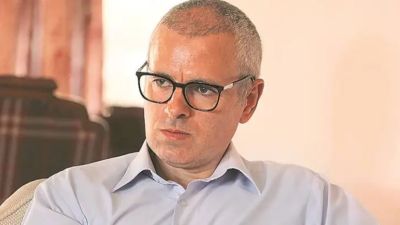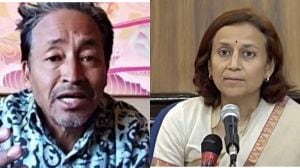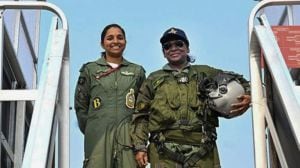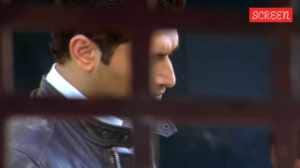Victims’ kin await Wednesday start of Saddam’s trial
The sitting room was as Sheik Mahmood Majid left it in November 1980. Copper swords hung on the white walls, and large red carpets, mattress...

The sitting room was as Sheik Mahmood Majid left it in November 1980. Copper swords hung on the white walls, and large red carpets, mattresses and plush pillows covered the floor where the powerful tribal leader once talked politics with fellow tribesmen.
Twenty-five years later, as the sheikh’s son, Hassan Majid (45), opened the door to show the room, his voice dropped to a whisper. “We used to sit in this room next to our father,” said Majid who is now mayor of this town 35 miles north of Baghdad. “I lost five of my brothers.”
The brothers were executed in a roundup of Dujail’s men, women and children after a failed attempt to kill Saddam Hussein on July 8, 1982. In the days that followed, more than 1,500 people in the predominantly Shi’ite town were arrested and sent to detention facilities. Three years later, 143 men, some of them teen-agers, five of them sons of Mahmood Majid, were hanged at Abu Ghraib.
On Wednesday, Saddam will go on trial for those deaths, the first case against him and his Ba’ath Party since the US-led offensive in 2003 toppled the government. Seven others will also be tried for their alleged role in the killings.
Saddam will be tried by a five-judge panel under a mixture of international law and Iraqi criminal law. If convicted, he could face the same fate as the 143 men of Dujail.
In a report released on Sunday, Human Rights Watch raised questions about whether the Iraqi Special Tribunal, set up to hear cases against former officials in Saddam’s government, could be impartial. Among the US-based monitoring group’s concerns are the application of the death penalty without any possibility of clemency and the requirement that a sentence be carried out within 30 days after a final appeal is concluded.
The Dujail trial “will be commencing in a political context of considerable instability,” the group’s report said. “In such a context, it is essential that the trials be fair and be seen to be fair so that accusations that the trials amount to ‘victors’ justice’ do not gain credence.” —LAT-WP
US strikes Ramadi insurgents as Iraq counts vote
BAGHDAD: US fighter jets and attack helicopters killed about 70 people on Sunday around the western Iraqi city of Ramadi, the US military said in a statement on Monday. Ramadi police said about 20 of those killed in the strikes were civilians, including some children, although the US military said it had no such reports. Meanwhile, election officials slowly counted up to 10 million ballots from Saturday’s landmark referendum, with partial results pointing to a clear win for a charter Washington hopes will help to establish Iraq as a stable democracy able to do without US troops. REUTERS






- 01
- 02
- 03
- 04
- 05

























